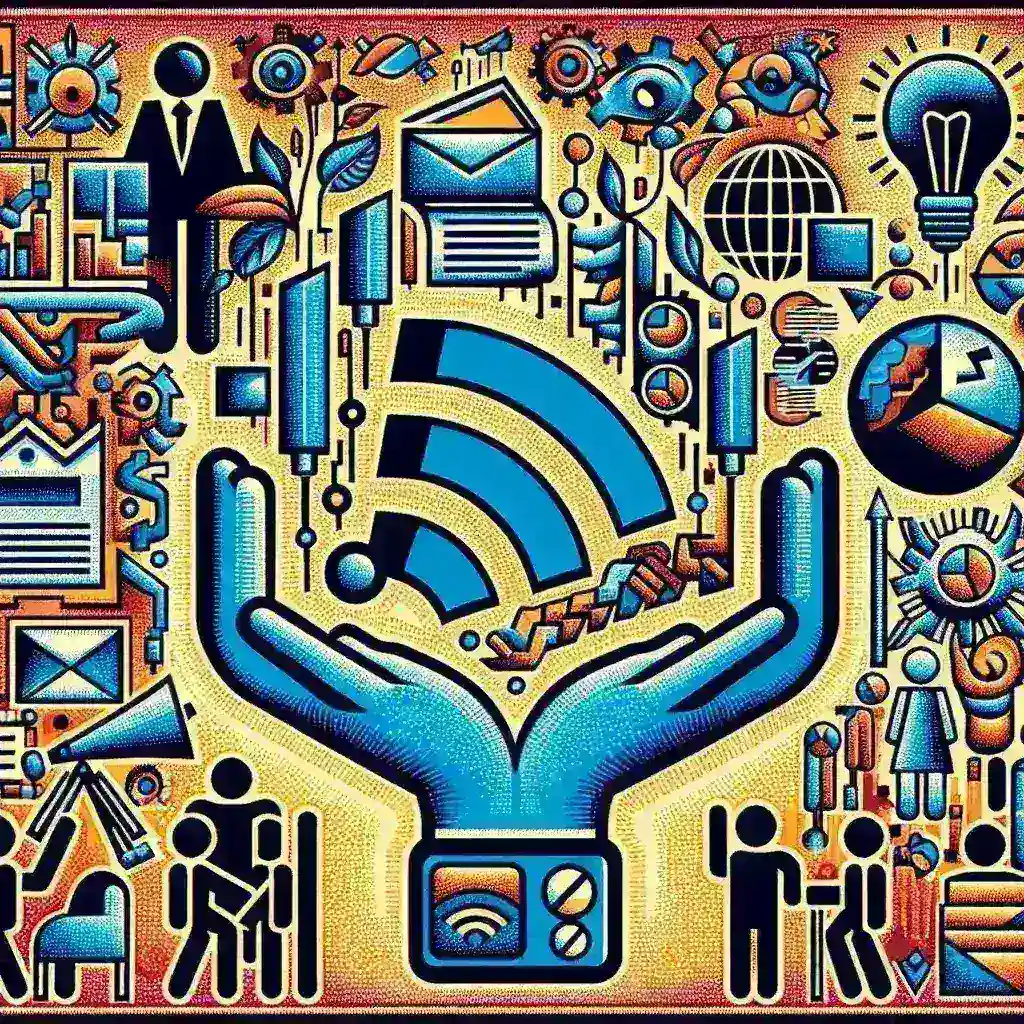Introduction
In the digital age, the way information is disseminated plays a vital role in shaping public opinion and, consequently, democracy itself. News feeds on social media platforms have become the primary source of information for millions, making their control and regulation essential for maintaining a healthy democratic society.
The Role of News Feeds in Democracy
News feeds curate the information that individuals consume daily, influencing their perceptions and opinions on critical issues. This power can be double-edged; while it has the potential to inform and engage the public, it can also lead to misinformation and division.
Historical Context
The intersection of media and democracy is not a new phenomenon. Historical events, such as the printing press’s advent, illustrate how control over information distribution can impact societal structures. In the 18th century, pamphlets and newspapers sparked revolutions by informing citizens and rallying them around common causes. In today’s context, social media platforms act as the modern equivalent of these pamphlets—amplifying voices but also creating echo chambers.
Current Challenges
Despite the democratizing potential of news feeds, various challenges threaten their integrity:
- Misinformation: The rapid spread of false information can manipulate public opinion and polarize societies.
- Algorithmic Bias: Algorithms that prioritize sensational content can skew public perception and hinder democratic discourse.
- Media Monopoly: A few tech giants control vast swathes of news content, limiting diversity and reducing accountability.
Pros and Cons of News Feed Control
Control over news feeds can have both positive and negative effects on democracy. Below are some advantages and disadvantages:
Pros
- Enhanced Accuracy: Implementing checks on news feeds can reduce the prevalence of false information.
- Increased Accountability: Greater transparency in how news is curated can hold platforms responsible for the content they promote.
- Diverse Perspectives: By promoting a variety of sources, news feeds can help foster a more informed citizenry.
Cons
- Censorship Risks: Overly stringent controls can lead to the suppression of free speech and dissenting opinions.
- Algorithmic Manipulation: Controls may inadvertently favor certain narratives over others, perpetuating bias.
- Public Distrust: If users perceive controls as manipulative, it can undermine trust in democratic institutions.
Future Predictions
As technology evolves, so too will the methods of controlling news feeds. Future changes may include:
- Regulatory Frameworks: Governments may introduce legislation to ensure transparency in algorithmic processes.
- AI Oversight: Artificial intelligence could be employed to monitor and mitigate misinformation in real time.
- Public Engagement: Encouraging user feedback on news content can foster a more democratic approach to information dissemination.
Real-World Examples
Several instances highlight the importance of news feed control in democratic societies:
- The Arab Spring: Social media played a crucial role in mobilizing protests, highlighting the power of news feeds in democratic movements.
- 2020 U.S. Election: The spread of misinformation on social media platforms raised questions about their role in shaping electoral outcomes.
Cultural Relevance
In a globalized world, the cultural implications of news feed control are profound. Different societies may have varying levels of tolerance for censorship, influencing how news feeds are regulated. In democratic societies, the challenge lies in balancing controls with the fundamental principle of free speech.
Expert Quotes
Experts emphasize the significance of news feed control for democracy:
“A well-informed public is the bedrock of a functioning democracy. Without control over the quality of information, we risk eroding the foundations of democratic discourse.” – Dr. Jane Smith, Political Scientist.
Personal Anecdotes
Individuals often reflect on their experiences with news feeds:
“I used to rely solely on social media for news until I realized how easily misinformation spreads. Now, I make a conscious effort to verify sources before sharing anything.” – John Doe, Citizen Advocate.
Conclusion
News feed control is not merely a regulatory issue; it fundamentally affects the health of democracy. By ensuring that information is accurate, diverse, and accountable, we can uphold the principles of democratic discourse. As society navigates the complexities of the digital age, the emphasis on responsible news feed control will only grow, underscoring its essential role in fostering an informed citizenry.
